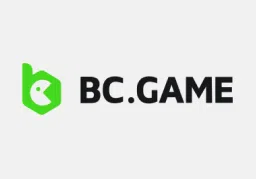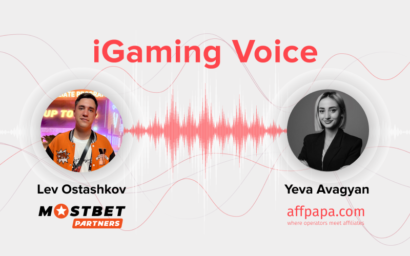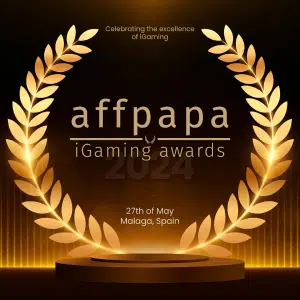GambleAware faces a complaint from the UK Charity Commission

The case claims that the organization misrepresented the risks associated with gaming.
The industry-backed grantmaking organization GambleAware has been the subject of a complaint, which the UK Charity Commission has acknowledged it has received.
The Good Law Project, another nonprofit organization, asserts that the charity is disseminating inaccurate information about the negative effects of gaming.
The organization’s ties to the gambling industry and its well-known Bet Regret campaign, which holds gamblers accountable for their losses, were also brought up in the complaint.
According to GLP, the gaming industry backed the GambleAware campaign, which sought to make individual gamblers responsible for dangerous products or aggressive advertising. The “understand your spending” function on the GambleAware website caused similar issues since it made gamblers feel guilty and ashamed without providing them with advice on how to stop, which is the right thing to do.
The complaint asks the Charity Commission to investigate if GambleAware is in violation of charity laws by not providing fair information. It asserts that GambleAware has taken the erroneous stance that individuals, not the gambling business, should address issues pertaining to gaming, and it threatens legal action if the Commission does nothing.
The head of the Good Law Project is Will Prochaska, a public policy expert and former strategic director of Gambling with Lives.
This is not the first time the Charities Commission has received complaints about a charity supported by the gaming industry. The commission concluded its examination of the YGAM back in the year 2021, finding no conflicts of interest. In response to a complaint regarding YGAM’s ties to the Betting and Gaming Council, the regulator had launched a compliance case.
The latest complaint coincides with expectations of a reorganization inside the UK’s gambling treatment and education system. To pay for support, the government is anticipated to impose an obligatory tax on gaming businesses. This would go straight to the NHS, which would serve as commissioner, and substitute the existing voluntary payments to GambleAware.
The future of GambleAware is therefore uncertain, but the organization has said that it intends to serve as the primary partner of strategy of the NHS in the creation of the NGSN. MPs have been urged to ring fence money to guarantee the future of current third-sector services by Margot Daly, head of GamCare, the organization that runs the National Gambling Helpline.
























